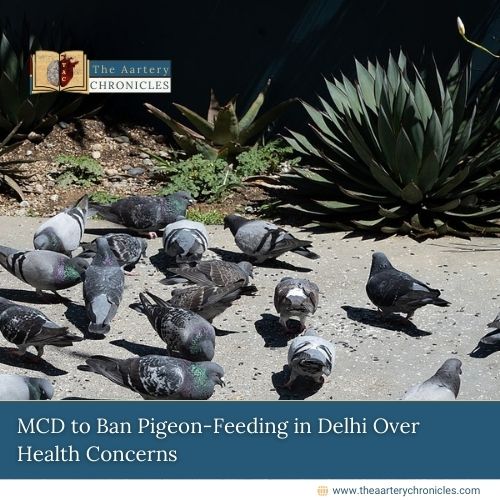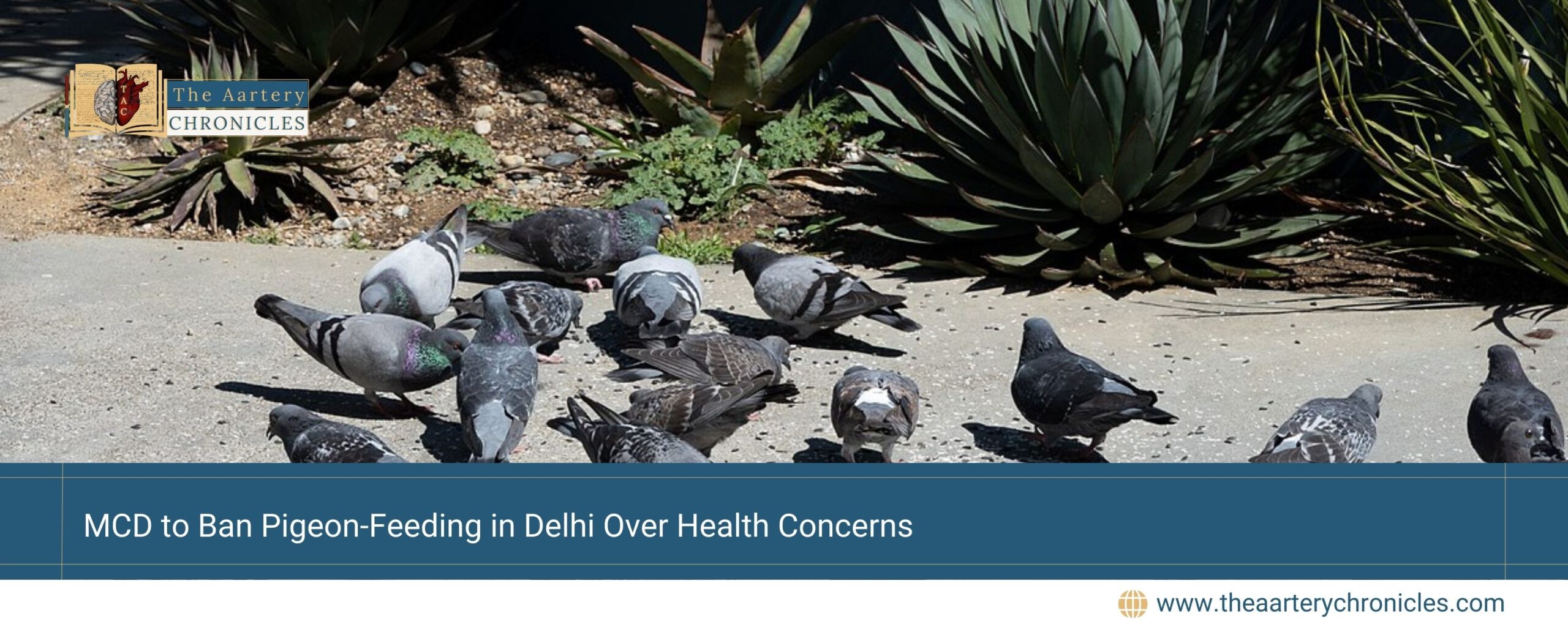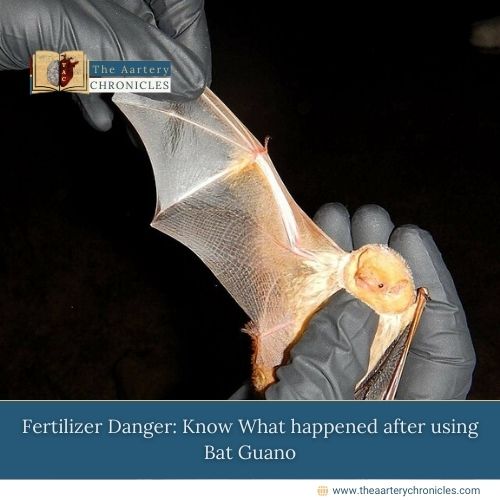

MCD to Ban Pigeon-Feeding in Delhi Over Health Concerns
Introduction
In a bid to address public health issues, the Municipal Corporation of Delhi (MCD) is exploring a proposal to prohibit designated pigeon-feeding areas throughout Delhi. This move stems from rising concerns over health risks posed by the high pigeon population in these popular feeding spots, which are typically located on sidewalks, roundabouts, and other public spaces. If the proposal is approved, these areas may be closed to the public.
Health Risks of Pigeon Droppings
The main motivation behind this potential ban is the health hazards linked to pigeon droppings. Experts have warned that pigeon droppings often contain harmful pathogens such as Salmonella, E. Coli, and influenza viruses. These pathogens can worsen respiratory issues, such as asthma, and cause allergic reactions in susceptible individuals.
According to Dr. Ushast Dhir, Director of Liver Transplant and Hepatobiliary Surgery at Sir Ganga Ram Hospital, “When pigeons gather in large numbers, their droppings and feather dust create an ideal environment for disease-causing agents, particularly fungal spores like Cryptococci. Breathing in these spores can cause severe respiratory issues, such as hypersensitivity pneumonitis, asthma, and in severe cases, fungal pneumonia.” Dr. Dhir further noted that individuals with weakened immune systems, like transplant patients, are especially at risk, as exposure to these pathogens could be life-threatening.
Growing Cases of Lung Conditions
Dr. Meet Ghonia from the National Institute of TB and Respiratory Diseases highlighted another health risk known as hypersensitivity pneumonitis, which occurs when a person’s lungs react to airborne particles from pigeon droppings. “We are seeing more cases of hypersensitivity pneumonitis, where patients come in with symptoms like persistent cough and breathing difficulties,” said Dr. Ghonia. He explained that without early intervention and avoidance of pigeon exposure, the condition could progress to lung fibrosis, causing permanent damage to lung tissue and potentially leading to fatal outcomes.
Survey and Public Advisory Plans
To move forward with this proposal, the MCD will survey the existing pigeon-feeding spots in prominent areas, such as Chandni Chowk, Kashmere Gate, Jama Masjid, and India Gate. Following the survey, an advisory will be issued to discourage the public from feeding pigeons in these areas. MCD officials emphasize that the goal of this initiative is to protect public health by minimizing the risk of respiratory illnesses linked to pigeon droppings and their accumulation in densely populated areas.
Focus on Public Safety, Not Pigeon Removal
MCD representatives clarified that the proposal does not aim to remove pigeons from Delhi but to reduce potential health hazards in spots where they gather in large numbers. “The issue isn’t with pigeons themselves but with the impact their droppings have on health, especially for children, the elderly, and those with existing respiratory conditions,” an MCD spokesperson said.
The advisory will aim to encourage residents to avoid feeding pigeons in public areas, prioritizing community health and reducing the risk of illness associated with pigeon droppings.
Source: Inputs from various media Sources

Priya Bairagi
I’m a pharmacist with a strong background in health sciences. I hold a BSc from Delhi University and a pharmacy degree from PDM University. I write articles and daily health news while interviewing doctors to bring you the latest insights. In my free time, you’ll find me at the gym or lost in a sci-fi novel.




